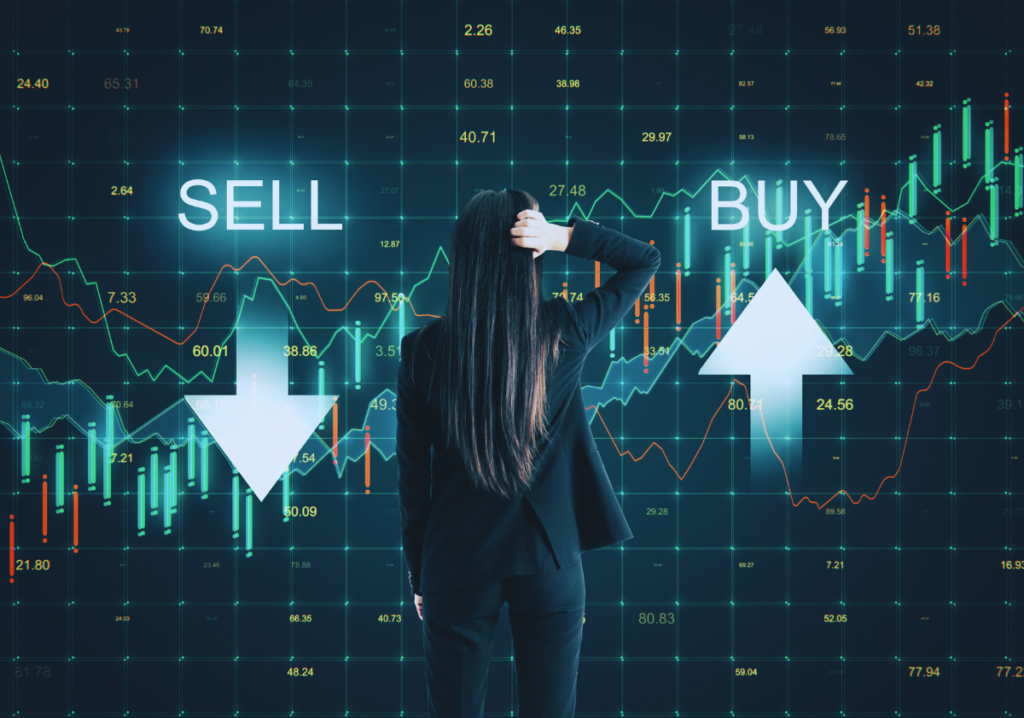
Tips to Avoid Scams When Buying/Selling on a Marketplace
Online marketplaces offer incredible convenience, variety, and value. Whether you’re shopping for unique items or selling your products to a wider audience, these platforms make the process fast and accessible. However, with that convenience also comes the risk of scams. From fake buyers and misleading listings to phishing attempts, marketplace scams can happen to both buyers and sellers. The good news? Most of them can be avoided by staying alert and following a few smart practices.
Tips to protect yourself while buying or selling on any online marketplace.
- Be Wary of “Too Good to Be True” Deals
If a product is priced far below market value, it’s a red flag. Scammers often lure buyers with unbelievably low prices for high-demand items like electronics, designer goods, or vehicles. If something seems suspiciously cheap, research comparable listings or ask for more information before committing. - Never Share Personal or Payment Information Outside the Platform
Always use the marketplace’s official chat, payment, and order system. Scammers may ask you to move the conversation to WhatsApp, email, or text and then request payment through non-secure channels like wire transfers, gift cards, or direct bank deposits. This makes it almost impossible to trace or recover your money. - Meet in Safe, Public Locations (for Local Transactions)
If you’re buying or selling locally and need to meet in person, choose a public place like a police station, mall, or well-lit café. Bring someone with you when possible, and avoid meeting late at night or in secluded areas. If you’re selling a high-value item, take extra precautions to ensure your safety. - Watch Out for Fake Payment Confirmations
As a seller, one common scam involves fake payment screenshots or email confirmations. Always check your actual account or payment gateway before handing over a product. Don’t rely on screenshots or email alerts alone—they can be easily faked. - Avoid Overpayment Scams
Some scammers offer to pay more than the asking price and then ask for a refund of the extra amount. Later, their original payment gets reversed or turns out to be fraudulent. If someone offers to overpay, consider it a red flag and decline the offer. - Verify Buyer and Seller Profiles
Most marketplaces allow you to view user ratings, reviews, and transaction history. Always check these before engaging in a transaction. New or unverified profiles aren’t necessarily a sign of fraud, but extra caution is advised, especially for high-value purchases. - Use Buyer and Seller Protections
Choose marketplaces that offer buyer and seller protection programs, secure payment systems, and dispute resolution support. These features can help recover funds or mediate issues in case something goes wrong. Make sure you understand the platform’s policies before making or accepting an offer. - Trust Your Instincts
If anything feels off—whether it’s an overly pushy buyer, a vague product description, or a seller avoiding questions—it’s okay to walk away. Your instincts are often your best defense. - Keep Records of All Communication
For both buyers and sellers, it’s important to keep a record of all conversations, payment confirmations, and order details. This documentation can be crucial if a dispute arises later and you need to provide evidence to customer support.
Scams are an unfortunate reality in today’s digital world, but that doesn’t mean you can’t enjoy the benefits of online marketplaces. With a combination of awareness, caution, and smart habits, you can shop and sell with confidence. Whether you’re a first-time user or an experienced marketplace participant, staying informed and alert is your best protection.
